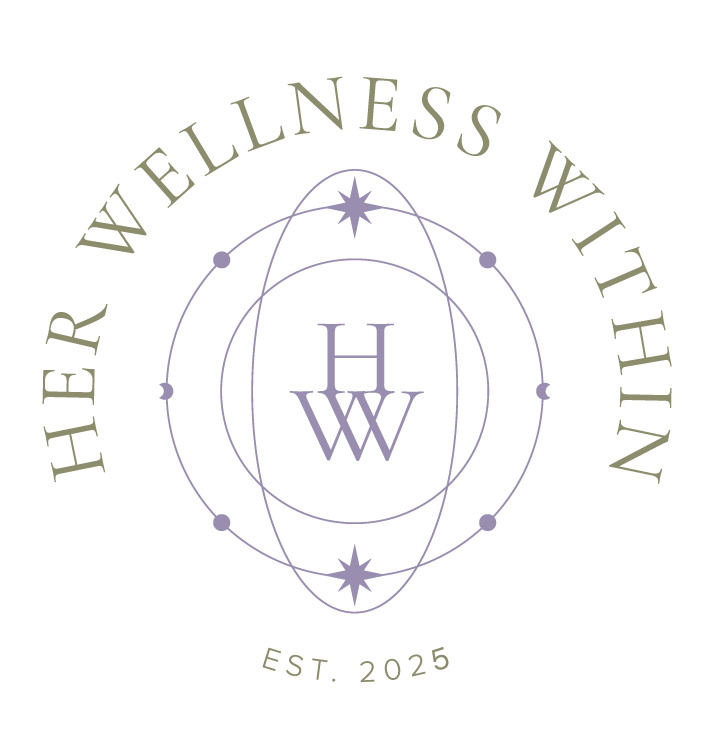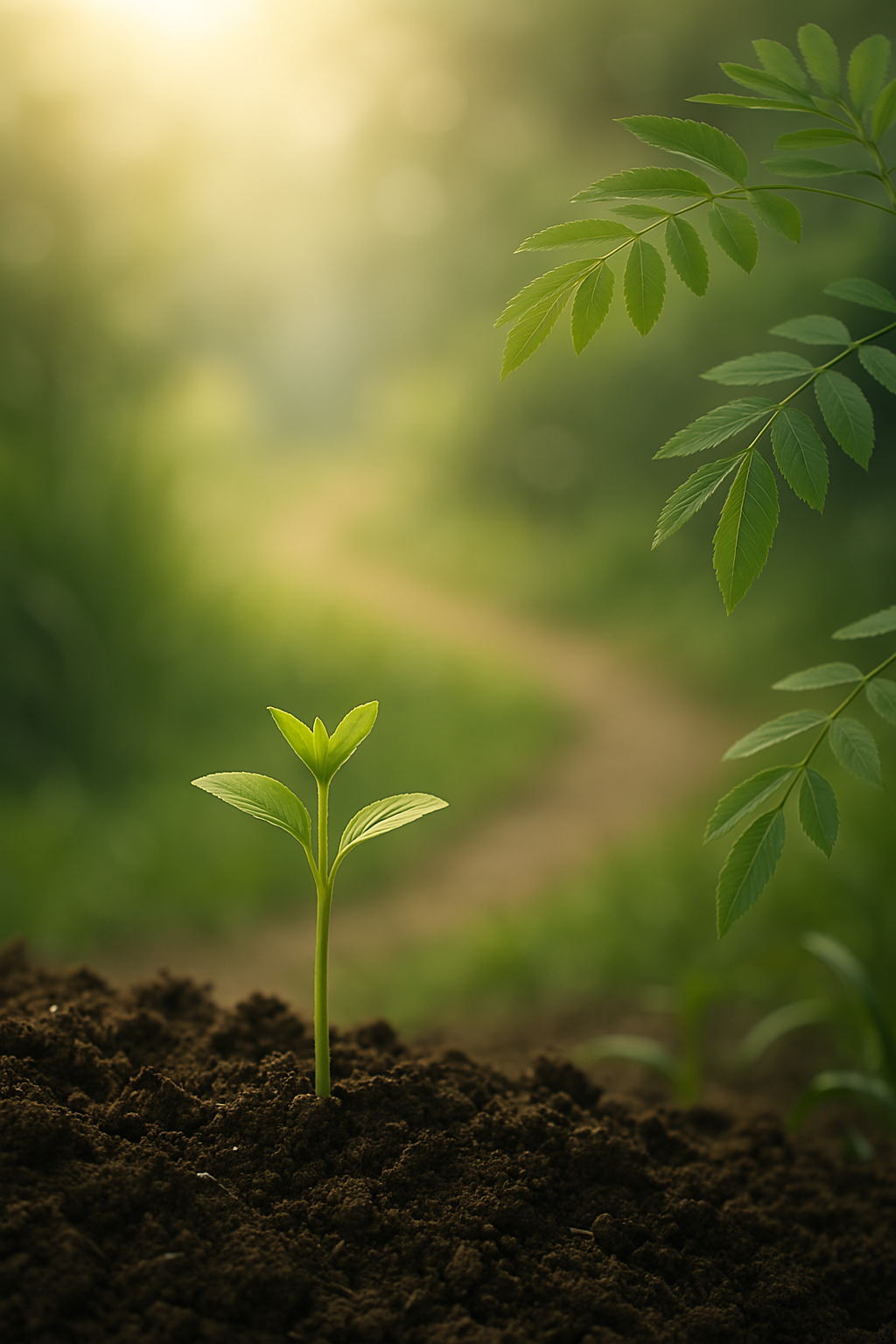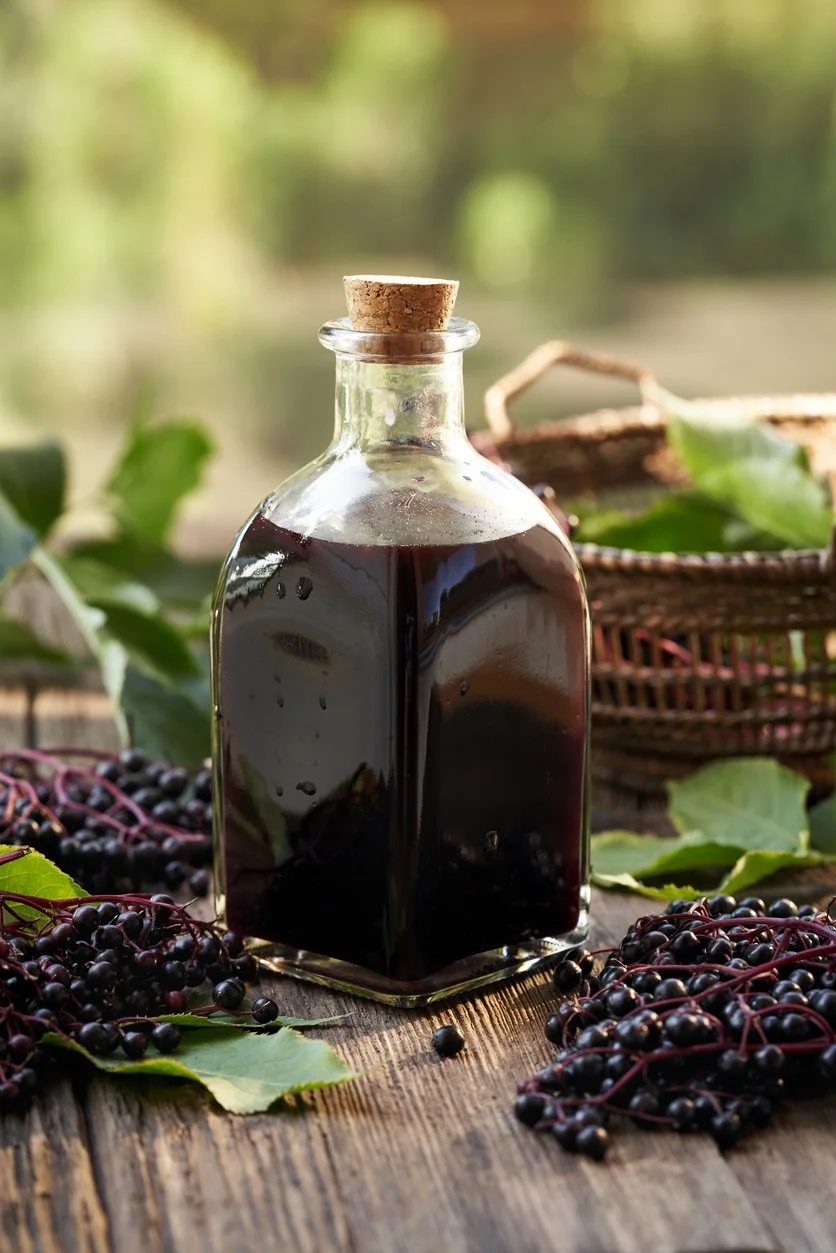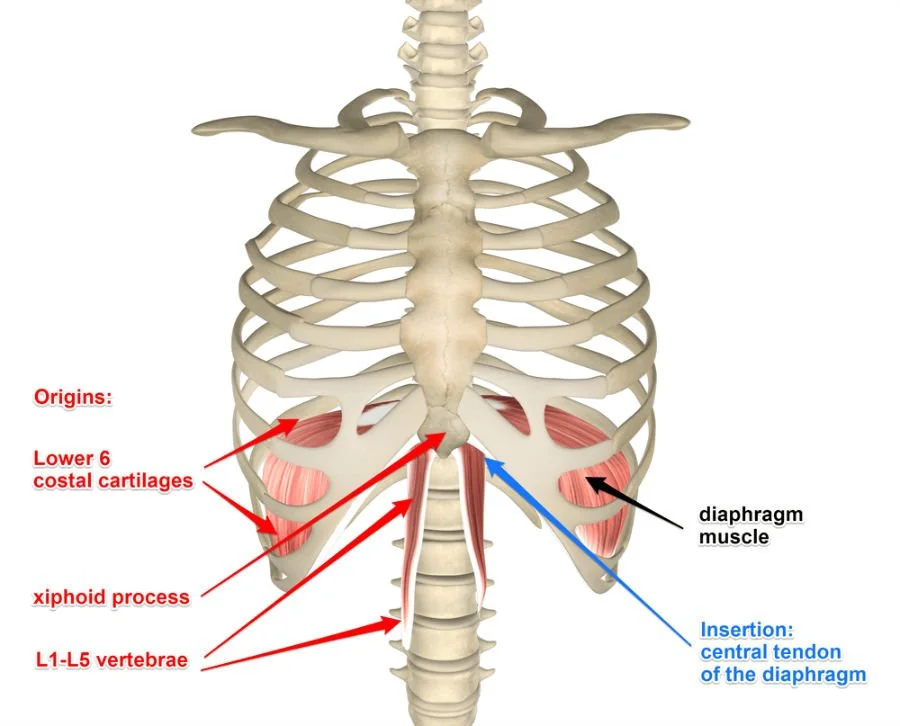Anxiety and Life Transitions: Mothering Yourself Through Change
We go through life changes because if we didn’t, well we wouldn’t be living. It is only because we are in physical form on this planet that we go through life transitions. Change is the only thing we can count on to be consistent — the only thing we can rely on to always happen. But still, with that reliability, change does not always induce a sense of safety.
Think about it — how many stages of life have we gone through successfully? I mean, if we are still here. That is success enough. We transitioned from a toddler at home to a young child in a classroom, grade school to middle school, middle school to high school, high school to college, or into the workforce, or simply out of the childhood home. Then come changes in relationships, jobs, living environments — even in the way we think, in what we believe to be truth. Eventually, retirement. The death of loved ones, which includes our fur babies.
(I feel it is important to note, to recognize, the above-mentioned “path” is not the path of many — those in war-torn nations, places of natural disasters, countries without an abundance of food and clean water, and those being displaced. It is for someone who has lived those experiences to reflect upon, not me.)
Each time, whether we are aware of this or not, we go through a process of mourning our old self. But here’s the truth: we don’t actually leave that self behind. We carry them with us. Of course, that isn’t something we can tell ourselves in the moment, especially when the grief or fear — or both — is raw.
Part of what makes each transition feel so real, so visceral, is that our body is reacting to our thoughts — those fears, uncertainties, and sadness. It is how our body is reacting that makes this experience real, time and time again. Our body remembers the last time we went through a life change because our thoughts are so very similar each time.
Not everyone will be leaving behind a life that’s all candy and roses. Some of us — many of us — will be leaving behind events we lived that were traumatic. Moving into this new, unknown space may cause worry or fear of having to experience such events once more. Again, we do not cognitively KNOW or realize this, but
our body remembers.
It remembers the last time we went through a big change. Even if during that time we did not yet have words to express our emotions, our bodies were talking to us — a wordless communication that it continues to use throughout our lifetime. So, even if we are feeling uncertain about a completely different situation, our body reacts the same. It uses the same language because the underlying fear is the same:
“Will I be okay?”
“What if I am not ready?”
“What if I lose everything?”
“What if they won’t like the new me?”
These thoughts are messages sent directly to our nervous system, and
our nervous system is alway listening.
Let’s be honest — not all of us are leaving behind a stage in life filled with joy and ease. Some of us, many of us, are walking away from chapters marked by hardship, instability, or trauma. Our body remembers this too.
Stepping into the unknown can stir a deep, often unconscious fear that we might have to relive that pain again. We might not cognitively know this in the moment — but our body does. It braces in an attempt to keep us safe, to protect us, in the only way it knows how: by holding on to the past, deep down, within our tissues.
And yet, within all of this, lies something tender and powerful — giving us the strength we need. Even if we don’t feel ready, we still move forward. We have to, really. Time does not allow us to stand still. It gives a nudge to remind us
we are still becoming.
What a beautiful thing it is to recognize that we are never really starting over completely. We are stepping into something new with all of our past selves beside us. Our past selves are not left behind. Their collection of survival tools is not forgotten. They hold wisdom. They are part of the unfolding.
We just need to remember that there is no perfect map, no defined guidance, and yes — no guarantee. But there is opportunity to create something, someone new. To live in a way we have never lived before. To discover joy and insight we never imagined. We couldn’t have imagined it until this moment, with that past behind us. Just like the parts of life we never thought we would miss, the next chapter might become one of those sacred, unforgettable parts of the story…
…our story.
This is where having a holistic practice becomes essential. When you have practices that travel with you — ones that ground, soothe, and reconnect you to your center — they become your compass during change. A steady breath. A healing tea. A drop of oil on your skin. A moment on your mat. A walk in the woods. A float on the water.
A journal open to a new page.
Being in tune with how it feels to be in your body allows you to hear what you truly need. It gives you the insight to care for yourself… to mother yourself… into your next reality. Not with perfection, but with presence.
This is how we cross thresholds.
This is how we hold ourselves through grief, uncertainty, and rebirth.
This is how we honor all the versions of us that got us here —
and gently invite them into what is next.
“Be not afraid.”
These are the words spoken by the Archangel Gabriel to Mary when she was called into something completely unknown, life-altering, frightening, and yet divine. He did not give her a detailed plan. There were no guarantees. He simply reminded her:
You are not alone.
You are guided.
You are guided by your inner knowing. Letting go of anxiety around this transition allows that intuitive sense to emerge. It is a quiet voice — always there. Be not afraid.
Let your body, your breath, your practice be the vessel that carries you forward.
Trust that when you don’t know the plan…
…you are walking with the wisdom, with the grace, of all the versions of yourself.




